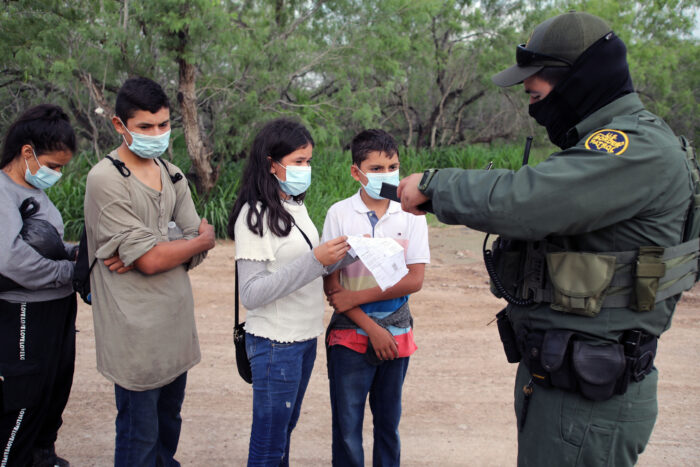This report from the North and Central American Task Force on Migration outlines concrete recommendations for a comprehensive regional approach and governance architecture to address migration. The issues are simply too complex to be dealt with by any one country acting along.
The Risks of ‘In-Country’ Processing: An Assessment of the US Central American Minors Program
WRMC Research Paper Claire Higgins & Molly Fee Faced with an increased number of asylum seekers at the US-Mexico border, the Biden administration has reopened an Obama-era complementary pathway for Central American minors. To obtain entry into the United States on humanitarian grounds, applicants are required to remain inside their home countries while their claims […]
The Economic Impact of the Syrian Refugee Crisis in Lebanon: What It Means for Current Policies
This study focuses on the impact of the refugee crisis and policies on Lebanon’s economic situation and propose alternative solutions that could support refugees and hosts amid the collapse of the economy, following decades of mismanagement and corruption of the Lebanese political system.
Improving Syrian Refugee Inclusion in the Turkish Economy: How Can the International Community Help?
This report advocates to improve the prospects of access to sustainable livelihood for refugees by emphasizing the role of the international community to help to create demand for refugee labor in Turkey in a manner that benefits the host community as well.
Moving beyond Humanitarian Assistance: Supporting Jordan as a Refugee-hosting Country
This study, conducted by three economists in the region — Belal Fallah, Rasha Istaiteyeh and Yusuf Mansur — analyzes the impact of Syrian refugees on Jordan’s economy and suggests ways that the international community can receive more international support. The issue of global responsibility-sharing for refugees was a major theme of the World Refugee Council’s (WRC) A Call to Action report in 2019.

